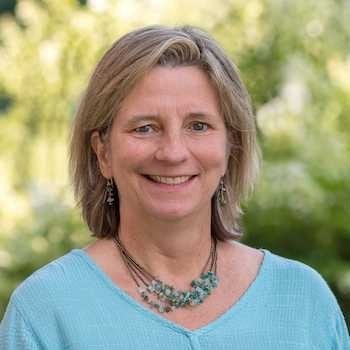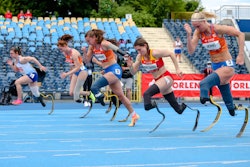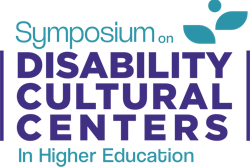Rollins College valedictorian Elizabeth Bonker made history earlier this month when she gave her speech at commencement using text-to-speech software. Bonker is nonspeaking or minimally speaking autistic, and she is not alone on her educational journey.
 Dr. Lee Burdette Williams, executive director of the College Autism Network.
Dr. Lee Burdette Williams, executive director of the College Autism Network.
“The most common misconception about autism is that the label of autism is synonymous with developmental or intellectual delays,” said Williams. “The truth is, some with autism have intellectual or developmental delays, but lots do not. The diagnosis is problematic, because it does put a lot of very different people in one bucket.”
Academic acceptance of autistic students has come a long way in the last few decades. Dr. Jane Thierfeld Brown, an assistant clinical professor at Yale University’s Child Study Center and director of the College Autism Spectrum (CAS), an organization that helps students with autism and their families navigate the shift from high school to college, said this growth is perhaps a reflection of the increasing number of individuals born with or diagnosed with autism.
In the 1990s, roughly one out of 150 children were diagnosed with autism. That number has grown steadily since the early 2000s. Now the rate of autism is as common as one in 44, said Thierfeld Brown, and no clear scientific reason has been found for this phenomenon.
“Right now, there are just about 75 programs that are specifically for students with autism at colleges and universities,” said Thierfeld Brown. “Way back in 2000, there were pretty much none. By 2008, we had around ten programs—ever since then, it’s been growing.”





















